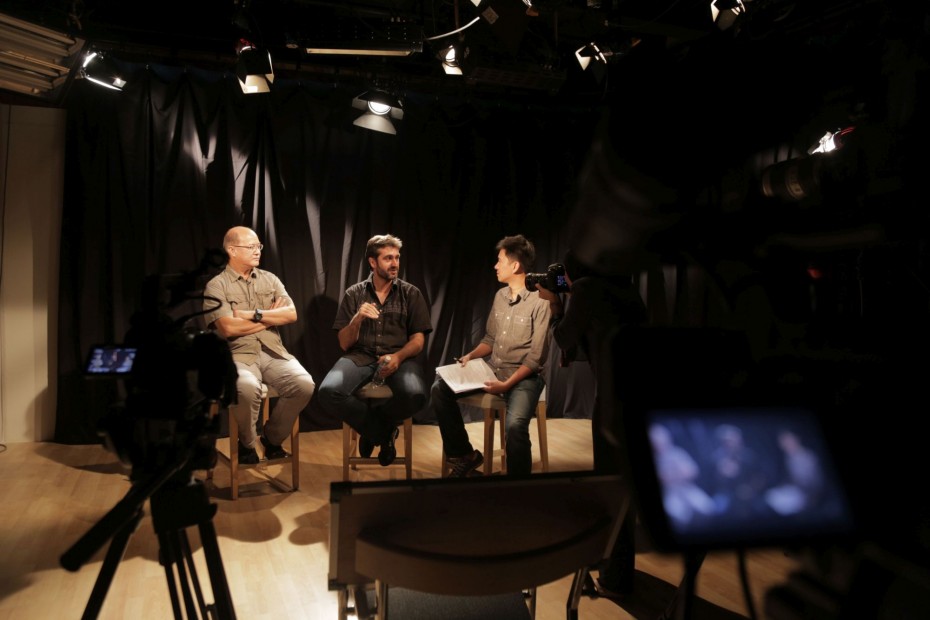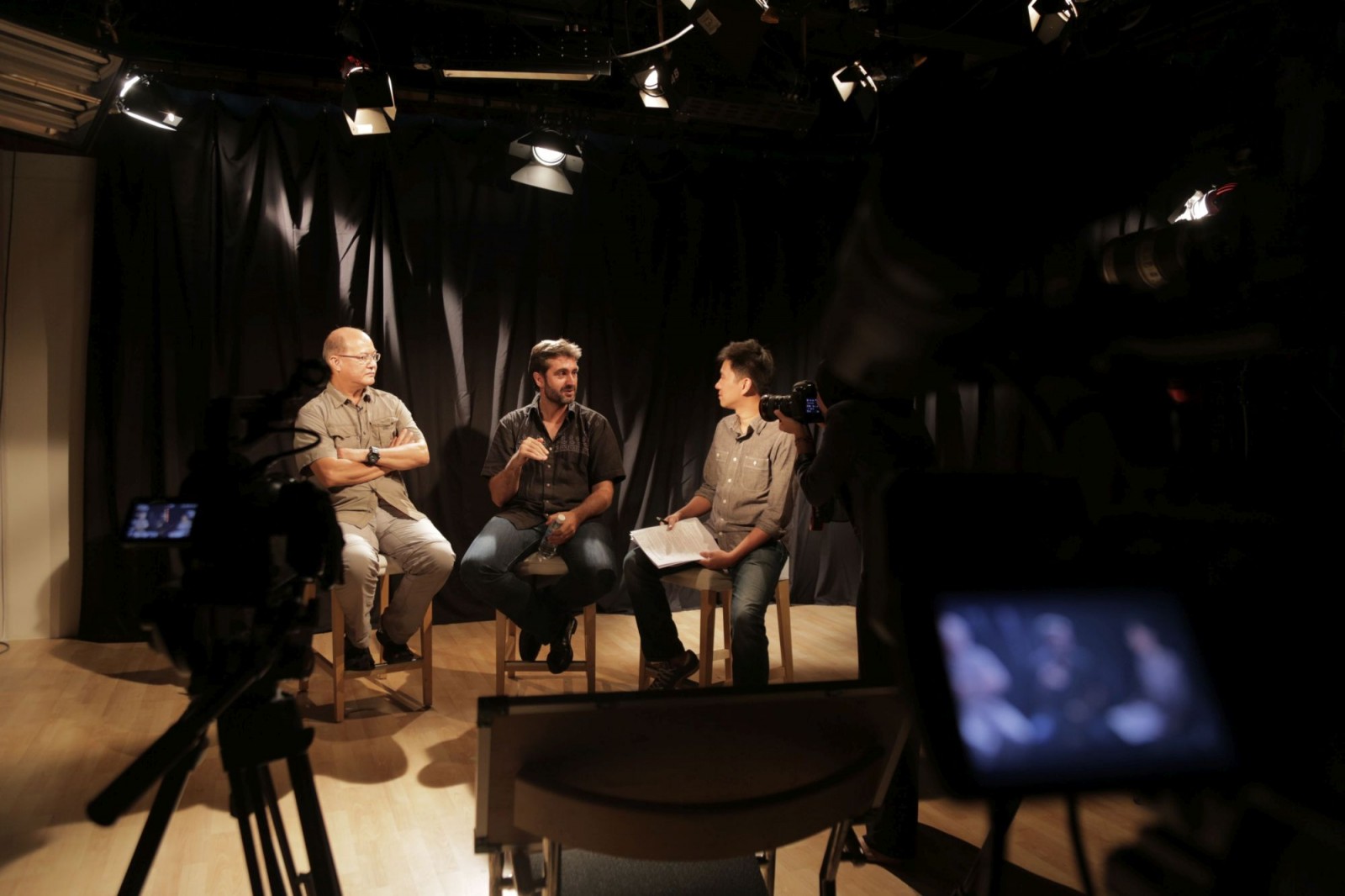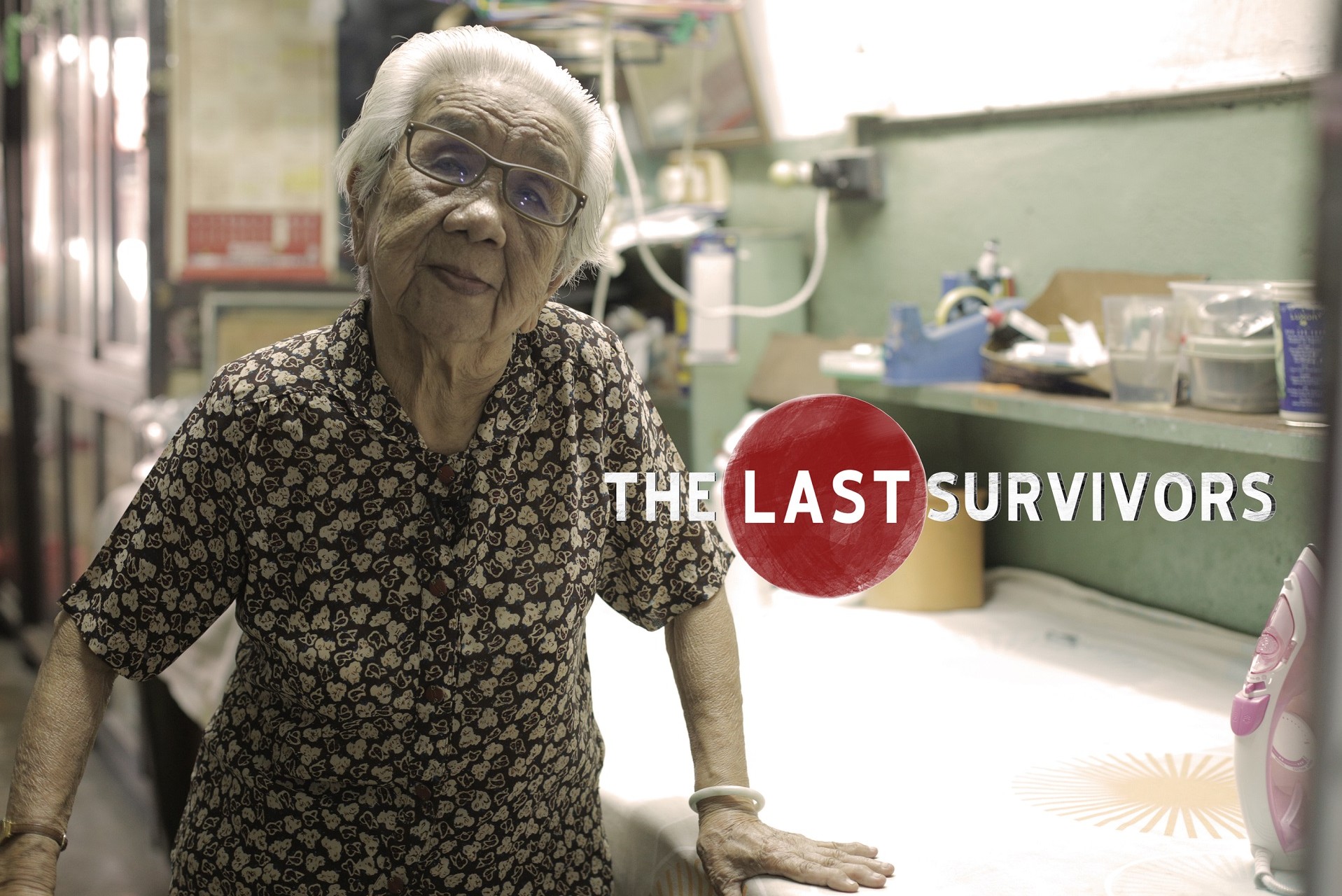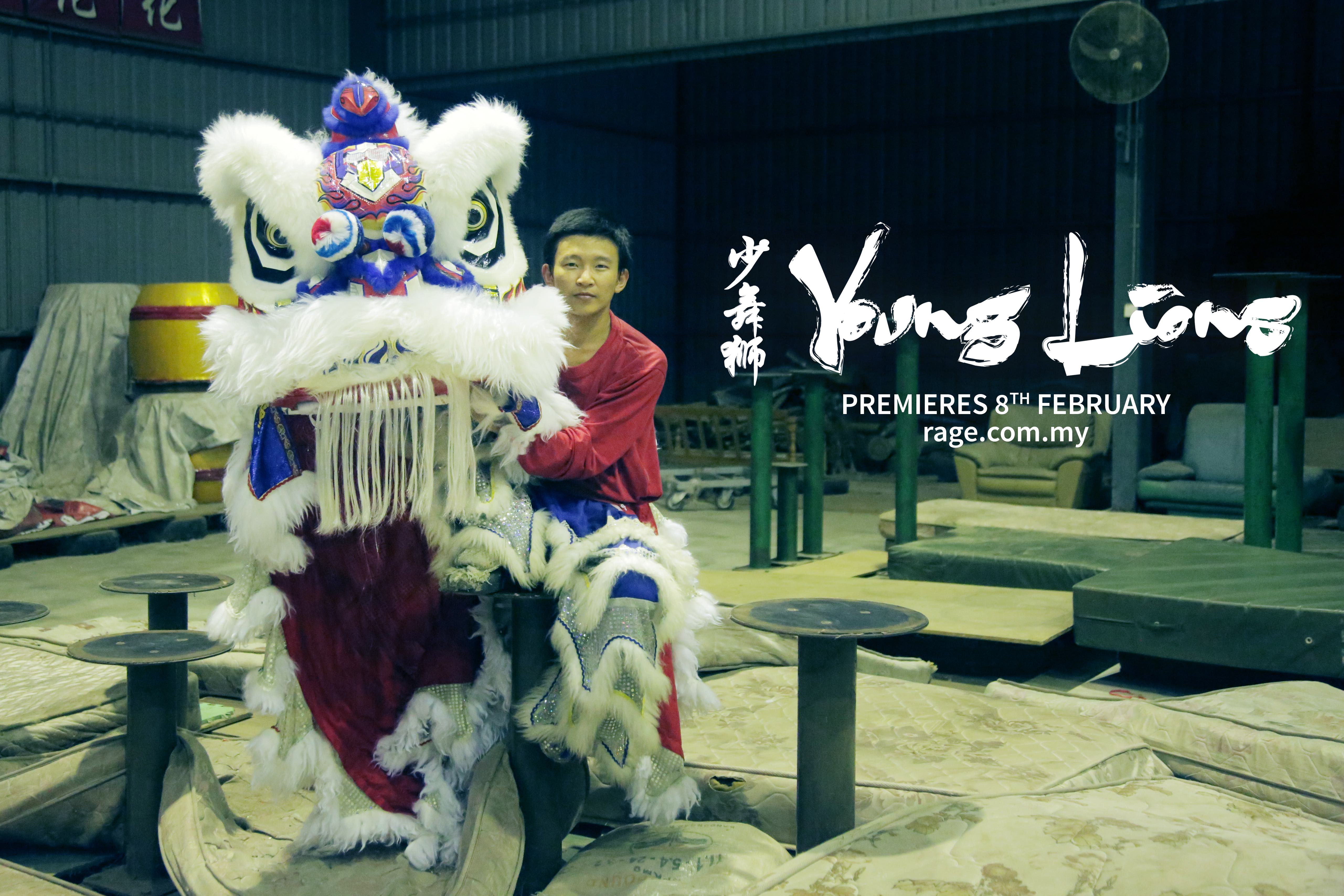By LIM MAY LEE
alltherage@thestar.com.my
WHILE the war between the orang asli and wild elephants in the jungles of Perak rumbles on, two men believe a solution is not that far off.
After R.AGE reported on the escalating human-elephant conflict in the Belum-Temenggor forest, seemingly sparked by the translocation of over 36 elephants into the area since 2010, we brought two experts to our studio to state their cases – one for the orang asli, one for the elephants.
Activist Dr Colin Nicholas from the Center for Orang Asli Concerns (COAC) and elephant conservationist Dr Ahimsa Campos-Arceiz first seemed to be representatives of different camps, but they quickly found that their solutions to the human-elephant conflict (HEC) were both strikingly similar.
After a healthy on-camera debate, they concluded that it is possible to preserve our precious flora and fauna as well as the orang asli’s traditional way of life – the key lies in getting the orang asli’s help.
All in this together
Both Dr Campos-Arceiz and Dr Nicholas agreed that the various stakeholders (wildlife organisations, state parks, the Orang Asli Development Department) needed to engage the orang asli to help more with conservation efforts.
“There is very little land not inhabited by people. If we don’t make these two compatible, we all lose.
“Speaking as a conservationist, there can’t be any conservation without the locals’ support,” said Dr Campos-Arceiz.
“We would be able to achieve our objectives while helping the orang asli – as long as they do their part.”
Dr Campos-Arceiz also dismissed suggestions that the orang asli’s traditional way of life, which includes hunting and foraging, would affect the ecosystem. “Malaysian forests are more threatened by logging, poaching and development than by orang asli activities.”
Dr Nicholas pointed out that the orang asli, while defending their traditional way of life, actually contribute to the conservation efforts.
According to him, Ulu Geroh, now a tourist attraction due to its Rafflesia flowers, was almost lost to development. The orang asli insisted on keeping the area pristine, as it was part of their ancestral land, and source of income.
“(The land) was protected by the orang asli,” Dr Nicholas said. “If it weren’t for them, it would be a rubber estate now.”
Related story: The elephant in our room
Active roles
But coming up with a sustainable solution isn’t just about keeping the orang asli in the loop – they have to be actively involved.
According to Dr Campos-Arceiz, some orang asli crops are being protected by electric fences, built to keep out wildlife like elephants.
But those fences are maintained by outside contractors, not the orang asli themselves.
“Of course, the contractors do good work. But the indigenous people, who will reap the benefits of the fence, will be more invested in the fence, and do a better job,” he said.
It’s not just about being fence manager – it’s about the orang asli having a say in what goes on in their forests.
“The orang asli want to be allowed to coexist and co-manage the forest,” said Dr Nicholas.
“They don’t want to build plantations, they just want the right to live in the forest, in the way they think is suitable.”
Attempts at this collaboration have begun in Sabah, where orang asli were trained to help state park officials report on the jungle’s status – how many animals there were and how much land could be used for their purposes.
COAC has since worked with the Selangor government, drafting the proposed Native Title Land (State of Selangor) Enactment 2012 where, like Sabah, the orang asli may enter into some form of co-management with the State Forestry Department.

Dr Nicholas (left) and Dr Ahimsa speaking to R.AGE senior producer Elroi Yee (right) about human-elephant conflict in Perak, and how conservationists and the orang asli have to work together. — SHANJEEV REDDY/R.AGE
It ain’t gonna be easy
Unfortunately, some orang asli settlements in the Belum-Temenggor area seem to have a deep distrust of the authorities.
In a video filmed during a research trip last year, we found many orang asli to be resentful at how they have been forced to change their way of life, all for the convenience of modern development.
“While the goal is to minimise conflict between the orang asli and the management of protected areas, conflict will happen when new regulations are imposed on them, limiting their opportunities without offering alternatives to meet their basic needs,” said Dr Nicholas.
Compromises will have to be made, and stumbling blocks overcome together.
Before the orang asli can fully cooperate with the new regulations, they need to be educated on conservation, and how it can benefit them.
“We will have to be sensible and sensitive,” said Dr Campos-Arceiz. “But we also have to talk to them, and tell them the importance of certain animals that they used to hunt like pangolins, and killing them wouldn’t be good for the environment.”
The experts concluded that communication is what will prevent the issue from spiralling out of control.
It’s clear to Dr Nicholas, though, that the orang asli are ready to try, and they do see the benefits of conservation.
“The ones living in the forest reserves want to preserve their traditional lifestyles, and know conservation is the way to do it.”
“If they didn’t agree with you, they wouldn’t work with you,” he said to Dr Campos-Arceiz with a laugh.
No silver bullet solution
Another matter is the orang asli’s changing lifestyle, which would have to be taken into consideration when working out the kinks in the cooperation blueprint.
“We have to anticipate what the indigenous people will want, long-term,” said Dr Campos-Arceiz.
“Change is happening, and their transition into the 21st century is much faster than ours was. We aren’t sure how they will integrate, it might be difficult for them to find a place.”
Dr Nicholas agreed that rules will have to be put in place for the orang asli as well, but stressed that they should be consulted first.
“The orang asli living in conservation areas know the importance of keeping it that way,” he said.
“Currently, whenever the authorities say they want the orang asli’s participation, they only ask them to join when all the decisions have been made.
“That’s not what it’s about. There needs to be prior consent.”
Watch the full debate, coming soon!
R.AGE also explored the other issues plaguing the Royal Belum State Park:





Tell us what you think!